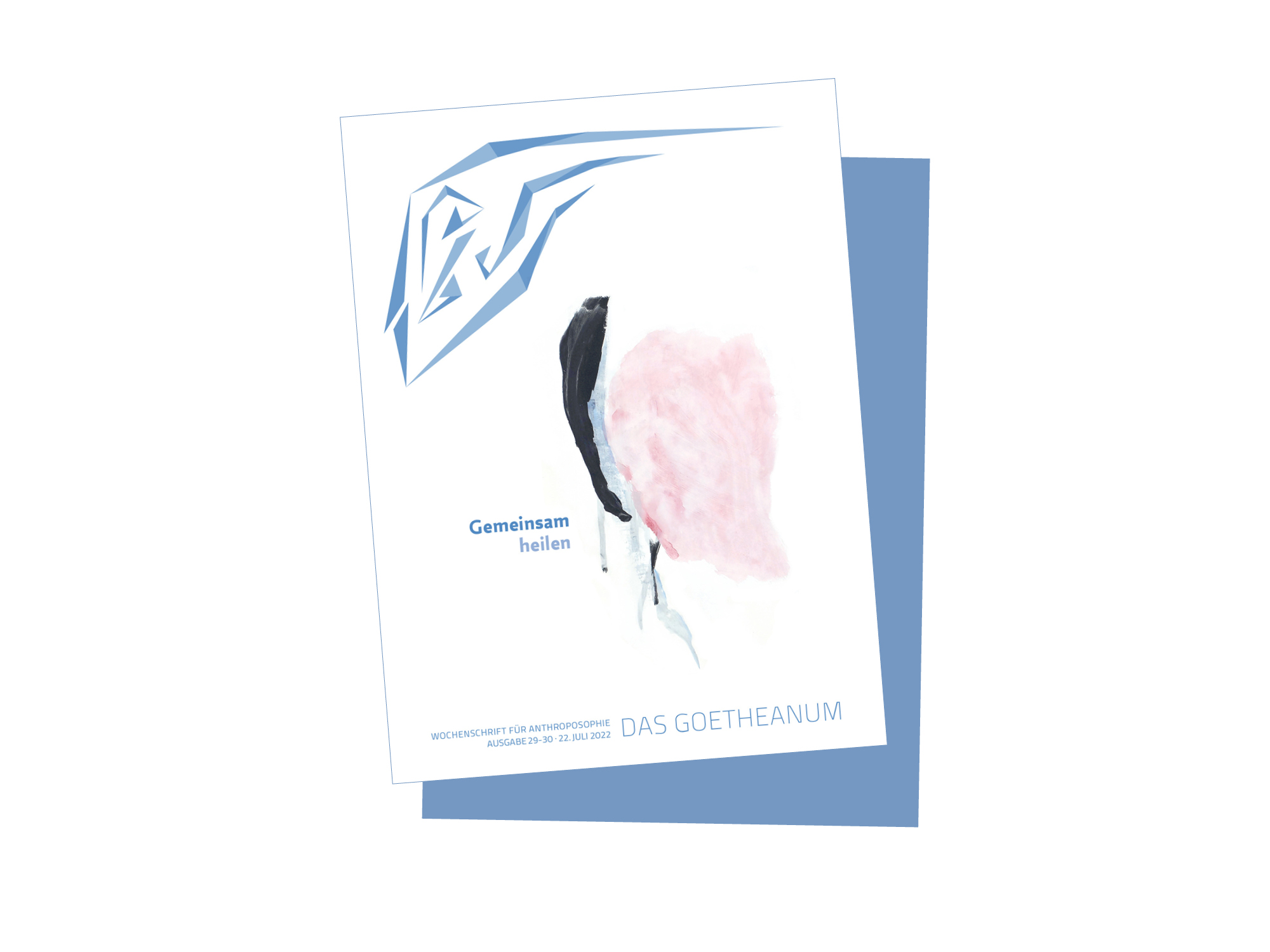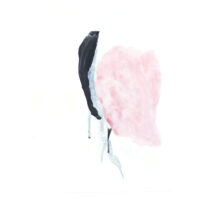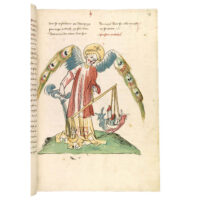Reader’s reaction to the article by Louis Defèche ‹War – What Happens Between People?› in ‹Das Goetheanum› 29/30, July 20th, 2022.
Many people dream of peace, perhaps even everyone. Why are we not able to establish this state once and for all? It must be related to the development of mankind. Since the beginning of the development of the consciousness soul, it has been a deep inner need of human beings to follow their urge for freedom more and more consistently. Someone once told me, the only thing human beings can’t do is not want to be free. How can this be realized with the social obligations within a state? Woodrow Wilson presented his program consisting of 14 core aspects to the U.S. Congress on January 8th, 1918, which envisioned a peace agreement acceptable to all parties and built on the peoples’ ‹right to self-determination›. Spontaneously, one could say that’s a good thing! When taking a closer look, however, it is precisely in this that one can find the deeper reason for the absence of peace. As a result, the significance of a nation, of a state, is valorized in an untimely manner. The opposite should be the case, group consciousness should give way to individuals’ self-consciousness. In our time and age, the state should only play a serving role, namely to enable the freedom of individuals. Nationalism is the consequence of this undesirable development, which also turns inward and persecutes and oppresses dissidents and ethnic minorities. The state becomes an illusory entity that must be defended and, if possible, expanded. Individuals are expected to submit to this and their freedom falls by the wayside.
A friend once asked me how the Italians benefitted from the fact that South Tyrol was awarded to them in 1919, interestingly enough, contrary to the peoples’ right to self-determination. Can they, therefore, eat more spaghetti and drink more good wine? Of course not, only national pride is valorized, which however in the age of the consciousness soul should be increasingly dismantled. As a native of North Tyrol, I feel at home in South Tyrol, but also in Italy and many other countries. The European Union is actually a caricature of this general human love of one’s native country; it promotes nationalism of a larger kind. It is only opposed by other power blocs. Human beings strive for freedom and have an increasing desire to feel at home everywhere on earth, though.
Vitali Klitschko, the mayor of Kiev, responded to the German intellectuals when they spoke out against arms deliveries and suggested peace negotiations were the only sensible thing to do, saying he did not want peace but freedom. This is actually very profound, because peace does not exist without freedom, but Klitschko meant the freedom of the people and not of individuals. The freedom of a people or a state does not actually exist, has never existed, and therefore cannot be won. On the other hand, the freedom of individuals can become more and more real if it is understood in regard to the threefold order of the social organism. As we know from Rudolf Steiner, there is only one aspect in which human beings can be truly free, and that is intellectual life. Therefore, the people’s right to self-determination, which inevitably leads to war, must be replaced by the individuals’ right to self-determination. For legal life, which is based on equality or democracy and not on freedom, old state borders can be maintained. The special features such as the uniqueness of human beings and the landscapes can be best pacified by this. For economic life, which is based on brotherhood and not on freedom and, unlike intellectual life, is to be arranged in an opportune way for all human beings, the old state borders are meaningless. Nationalism can thus be overcome and its futility displayed. Associations connect with associations about the whole world. «Considering the whole earth as an economic organism is the social organism.» (GA 340, 1st lecture) Free human beings do not wage wars because they recognize their futility, human beings who are not free do.
Image Fabian Roschka – Translation by Simone Ioannou






Die Freiheit ist nicht frei .. was der mensch nicht freiwillig ergibt, kann man nicht erzwingen ..JHG